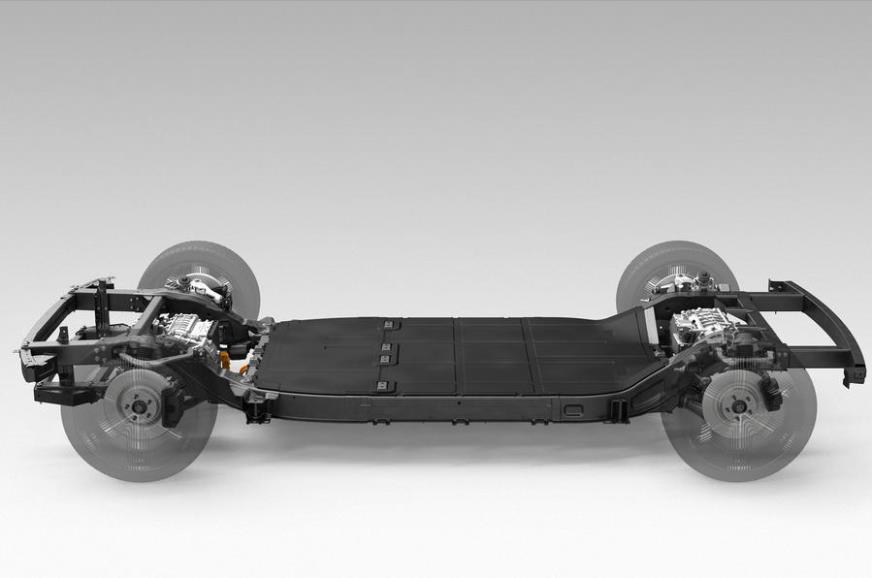
The Hyundai Motor Group will build a range of "autonomous-ready" electric Hyundai and Kia vehicles based on an electric platform developed by Californian EV start-up Canoo.
Los Angeles-based Canoo has developed a skateboard platform for a range of vehicles that it intends to offer on a subscription basis. It has now signed a deal to work with the Korean manufacturer to use the architecture for vehicles ranging from small EVs to large shared purpose-built vehicles (PBVs). Canoo will provide both the platform and "engineering services".
Canoo’s platform is a self-contained unit that houses all the key powertrain components, on the top of which any type of car body can be fitted. Hyundai said it was attracted to the platform because of an emphasis on "functional integration", with key components fulfilling multiple functions – in turn, reducing the size, weight and complexity of the chassis.
Hyundai said using Canoo’s adaptable platform would “allow for a simplified and standardised development process for Kia and Hyundai electrified vehicles, which is expected to help reduce cost that can be passed along to consumers.”
Hyundai R&D boss Albert Biermann said the firm was “highly impressed by the speed and efficiency in which Canoo developed their innovative EV architecture.” He added that the two firms would develop “a cost-effective Hyundai platform concept that is autonomous ready and suitable for mass adoption.”
The Hyundai Motor Group recently committed to investing £67 billion (around Rs 6.2 lakh crore) in the next five years on future growth plans and EV development. That includes £40 billion (about Rs 3.7 lakh crore) of investment in "future technologies" and £19 billion (close to Rs 1.7 lakh crore) in electrification, with the goal for "eco-friendly vehicles" to account for 25 percent of group sales by 2025.
The group already has the full-electric Hyundai Kona Electric, Kia e-Niro and Kia Soul EV on sale. It recently invested £85 million (Rs 787 crore) in British EV start-up Arrival in a deal that will involve the development of a range of electric vans and shuttles on that firm’s electric platform. In addition, it showed a PBV concept at this year's CES, where it also unveiled a flying taxi concept.
Originally called Evlozcity, Canoo was founded in late 2017 with the plan to offer four EVs on a membership subscription business model. It unveiled its first machine last year – an unnamed MPV-style machine it calls an "urban loft" – ahead of a planned launch in 2021.
Canoo said its platform design will “reimagine EV design in a way that challenges traditional automotive shape and functionality.”
Shifting focus to India, Hyundai offers the Kona Electric in our market as part of its electric mobility solutions. The company is also developing a mass market EV which is slated to see a market launch in the next two to three years, according to SS Kim, MD and CEO, Hyundai Motor India. Though its sister company Kia Motors India doesn’t have a dedicated EV offering yet, it recently showcased its Soul EV and Niro EV at the 2020 Auto Expo.
Also see:
Kia eyes 11-car electric vehicle line-up by 2025
Hyundai Motor Group targets 44 electrified models by 2025
from Autocar India - News https://ift.tt/2SyV6N5

0 comments:
Post a Comment